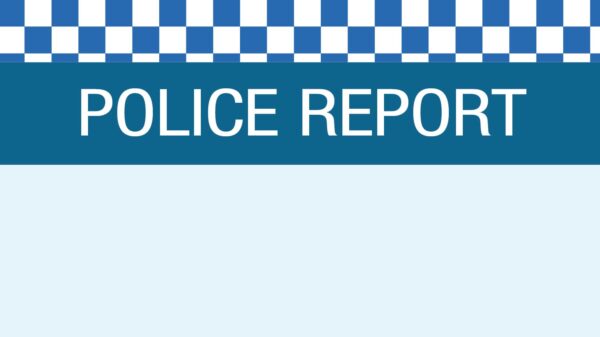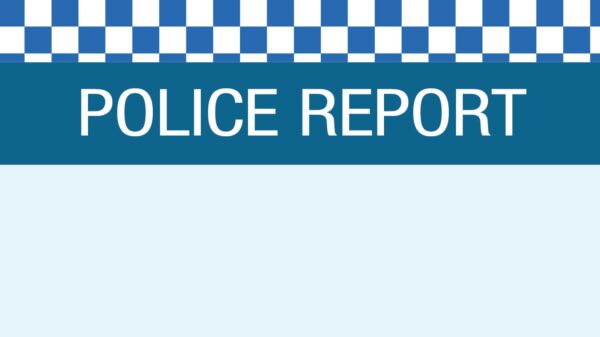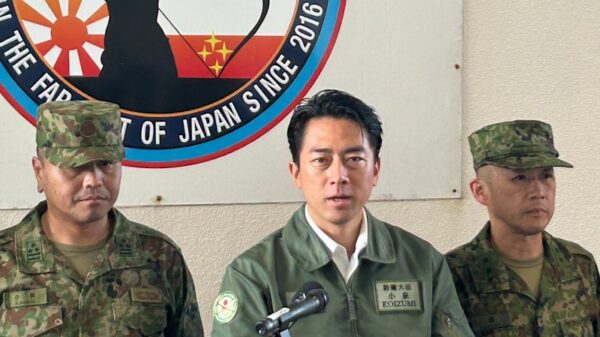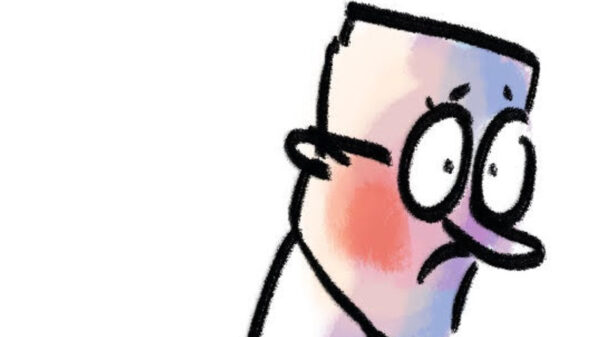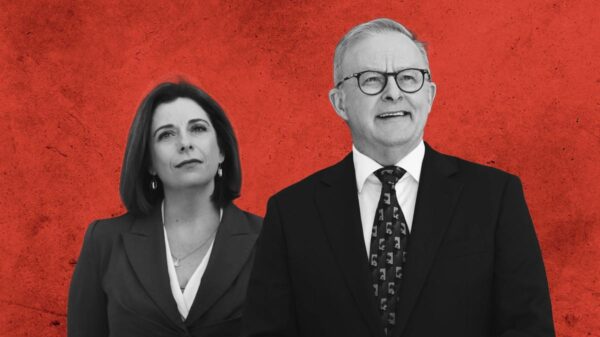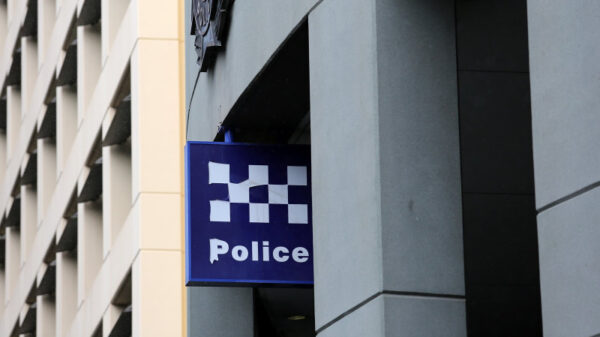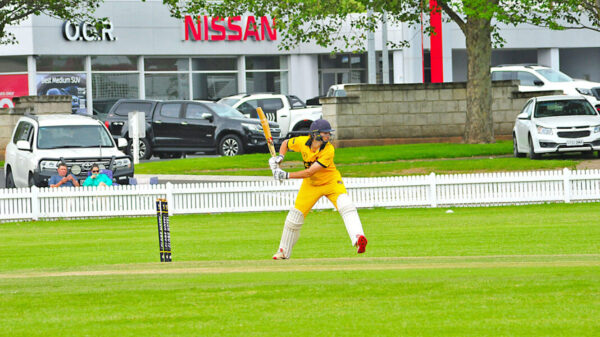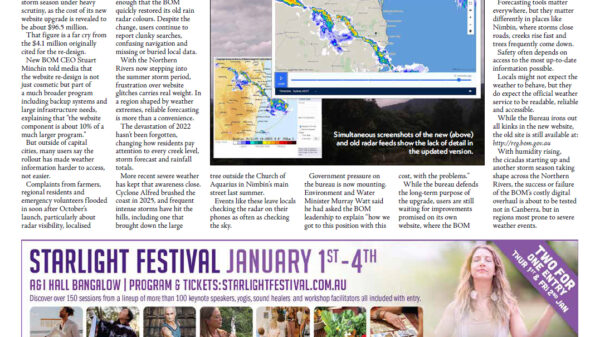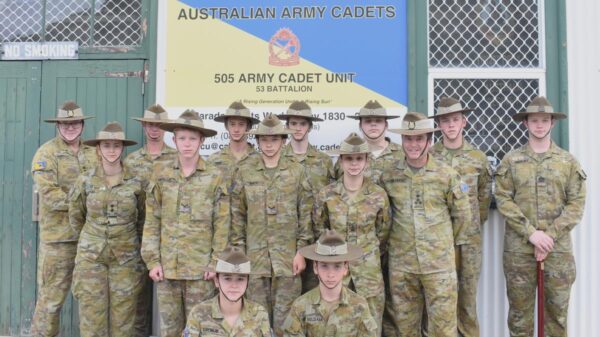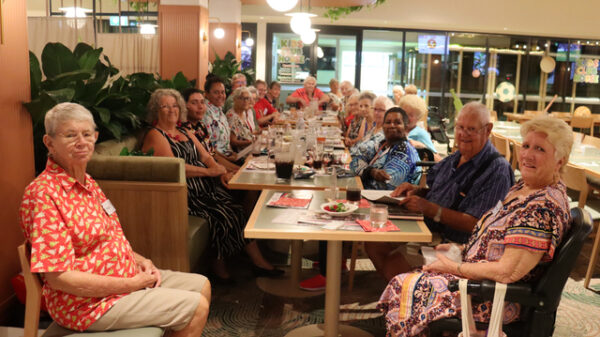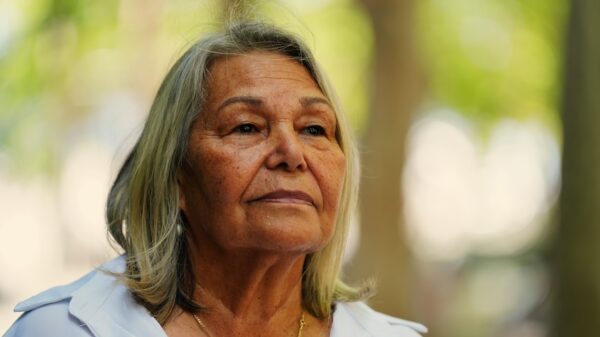International journalists are set to enter Gaza in the coming days, bringing with them images that will likely leave a lasting impact on global consciousness. As the world witnesses the aftermath of conflict, the emotional toll on both Israelis and Palestinians becomes increasingly apparent. For many, including those within the Jewish community, the events surrounding October 7 continue to evoke profound sorrow and insecurity.
On October 7, 2023, a tragic series of attacks by Hamas shocked Israel, leading to a humanitarian crisis in Gaza. As Palestinians return to their homes in the southern city of Khan Younis, they confront the devastation left behind. The scope of destruction is staggering, with countless lives lost and communities shattered. The stark reality on the ground transcends political discourse, presenting a moral imperative that compels reflection and empathy.
Ilana Haps, a psychotherapist specializing in intergenerational trauma, emphasizes that the suffering witnessed in Gaza must not be ignored. “If we are to protect our children from inheriting more pain,” she asserts, “we must acknowledge the immense suffering that has taken place.” Haps argues that grappling with this challenge is essential for preserving humanity in the face of overwhelming grief.
The emotional scars from October 7 affect individuals deeply, with many grappling with survivor’s guilt and a sense of collective trauma. According to Haps, the legacy of such events can echo through generations. Research has shown that unresolved pain can be transmitted, impacting relationships and mental well-being. The trauma of the Holocaust, for instance, continues to shape Jewish identity, as the memories of past atrocities remain ingrained within families.
In her poignant reflections, Haps recounts the harrowing story of her grandmother, who, as a child, fled from persecution in Belarus. The fear and anxiety experienced during that time are woven into the fabric of her family’s history, serving as a reminder that trauma often lingers long after the initial events. “This war not being my ‘fault’ will not spare me or my child from its shadow,” Haps notes, highlighting the complexity of inherited pain.
As the world contemplates the ongoing crisis in Gaza, it is crucial to acknowledge the human experience behind the statistics. The photographs and reports that will emerge from this conflict will not only inform but also challenge perceptions and spark dialogue about the shared burden of suffering. The responsibility to confront this reality lies with all of us, urging a collective commitment to understanding and healing.
In approaching this moment, we are called to reflect on our values and the narratives we uphold. The moral wounds inflicted by violence and loss demand recognition, as they shape the future for both Palestinians and Israelis. The challenge ahead is not merely one of politics but of humanity, requiring a willingness to listen, learn, and ultimately strive for a more compassionate world.

